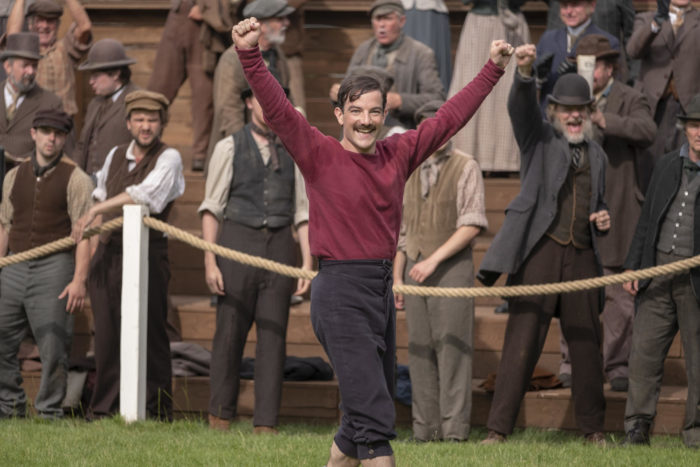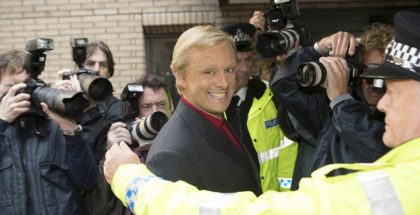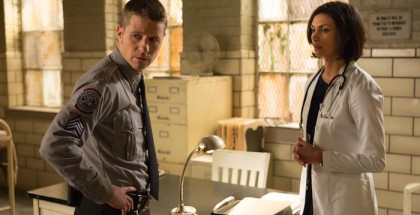Netflix UK TV review: The English Game
Review Overview
Cast
7Script
4Football
7David Farnor | On 21, Mar 2020
Football being a game of two halves is taken to literal extremes by Netflix’s new drama The English Game. The series takes us back to 1879, when football – a game invented by posh, rich people – first became the sport of the working class. It is written, inevitably, by Julian Fellowes.
The Downton Abbey creator is in his element here, using his subject matter as a chance to explore the social tensions of the country in a crucial, formative era. On the one hand, there’s Arthur Kinnaird (Edward Holcroft), an Etonian who happily kicks a ball around with his fellow toff mates. On the other, there’s James Walsh (Craig Parkinson), a mill owner who brings the star players down from Scotland to help boost his team. But paying footballers when the game is strictly amateur is a scandalous notion. Which means there is actually trouble at t’mill. Subtle, The English Game is not.
The player in question is Fergus Suter (Kevin Guthrie), who comes down to Darwen, Lancashire, along with his friend and fellow fooballer Jimmy Love (James Harkness). Needless to say they ruffle feathers at the mill, where the rest of the team are playing football for the love of the game, not for money. Fergus, however, has family back home he needs to support, so is willing to jump ship if the paycheck is right.
All of Fellowes’ signature traits are on show here, for better and for worse. He has a strong conviction for charting social divisions and paints a portrait of England that’s rousing in its support for the underdog and winning, even, in its admiration for football as a great leveller. But The English Game is also prone to superficial characters, a dash of melodrama and taking itself just a little bit too seriously – this is a TV show that asks us to sympathise with the plight of poor employees, when mill factories shut doors or cut wages, but also asks us to believe that football is the instant cure for all of these woes.
It doesn’t help that Fergus himself doesn’t have much going on between the goalposts – for all his talk of duty, his character’s depth mostly involves his impressive moustache. The meatier role belongs to Walsh, with Craig Parkinson bringing more depth than there is on the page to his conflicted mill owner overpowered by a guild of wealthier, bigger businessmen. The less said about the female characters in the drama the better, with the primary relationship the antagonist bromance between Fergus and previous star of the game Arthur (whose own childhood ticks every cliche box going).
Where the drama does win points, though, is understanding how the game has grown over the years – and how some things haven’t changed. Players move between teams to get higher wages, while those with the right connections have a say on the FA board and can sway key decisions. Even a subplot involving the beginnings of merchandise and football tops is a neat one. It’s perhaps only fitting, then, that The English Game primarily comes to life when the ball is in motion proper, with matches recreated by directed Birgitte Stærmose (The Spanish Princess) and Tim Fywell (Happy Valley) with an efficient sense of occasion, stakes and on-foot action. The script’s broad brush strokes, though, can’t help but score some own goals even here. In the opening episode, the refusal of extra time in a game is a major blow to Fergus and co. Will extra time be a factor in a later, crucial match? Look away now and you’ll still know the answer.
Darkest Hour is available on Netflix UK, as part of an £9.99 monthly subscription.























